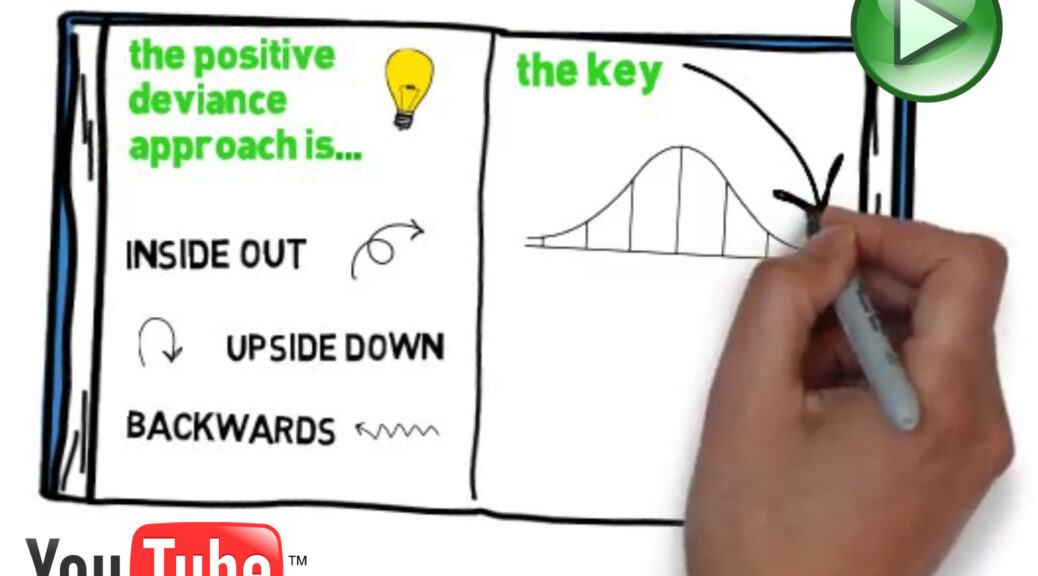attitude: a settled way of thinking or feeling about someone or something, typically one that is reflected in a person’s behavior.
“she took a tough attitude toward other people’s indulgences”
synonyms: view, viewpoint, outlook, perspective, stance, standpoint, position, inclination, temper, orientation, approach, reaction; More
opinion, ideas, convictions, feelings, thinking
“you seem ambivalent in your attitude”
a position of the body proper to or implying an action or mental state.
“the boy was standing in an attitude of despair, his chin sunk on his chest”
synonyms: position, posture, pose, stance, bearing
“an attitude of prayer”
Attitude is the same as beingness or being. In Hungarian, attitude equals: your relationship to something, your thinking that you bring to it.
The North American usage of the word is designed to cover up that you always have an attitude, because you always have a relationship to what or who you are dealing with. Attitude is neither good, nor bad, it just is.
You either have an unconscious, default attitude or if you are on a higher level of power and consciousness, you design an attitude that serves you.
I design and re-design my attitude several times a day, if I notice that I become ineffective in my work, in my relationship to people. With practice you can “adjust” your attitude on the fly, really fast.
Read the rest of the article
